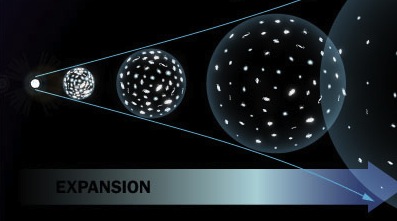WAS JESUS’ CONCEPTION A MORAL EVENT?
The two biblical accounts that deal with Jesus’ conception (Matthew 1:18-25; Luke 1:26-35), both present it as moral in every sense of the word. There have been a few who, without any Biblical evidence, have claimed otherwise.
“God sent the angel Gabriel . . . to a virgin pledged to be married to a man named Joseph . . . The virgin’s name was Mary. The angel went to her and said, ‘Greetings, you who are highly favored! The Lord is with you.’ Mary was greatly troubled at this and wondered what kind of greeting this might be. But the angel said to her, ‘Do not be afraid, Mary, you have found favor with God. You will conceive and give birth to to a son, and you are to call him Jesus. He will be great and be called the Son of the Most High . . . ‘ ‘How will this be,’ Mary asked the angel, ‘since I am a virgin? The angel answered, ‘The Holy Spirit will come on you, and the power of the Most High will overshadow you. So the holy one to be born will be called the Son of God'” (Luke 1:26-35 NIV).




